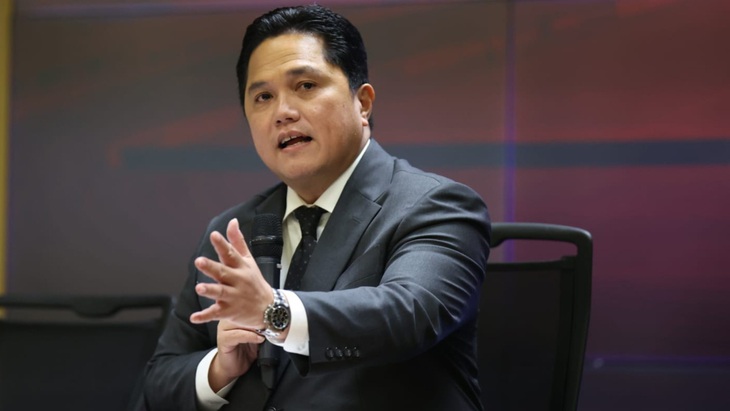
Mr. Erick Thohir mocks China's naturalization policy - Photo: AFP
Indonesia will face China on June 5 in Group C of the 3rd qualifying round of the 2026 World Cup in Asia.
There are 19 naturalized players in the Indonesian squad.
According to Sohu before the match, PSSI President Erick Thohir bluntly criticized the naturalization policy of the Chinese team. He declared: "We choose naturalized players completely differently from China. We only bring in players with related bloodlines, all of whom are descendants of Indonesia, which makes us extremely proud."
Mr. Thohir continued to criticize: "Some countries are always busy discussing, ridiculing and smearing the naturalization policy of the Indonesian national team, tirelessly. They should feel ashamed because they allow players who do not have their ethnic blood to represent the country."
Finally, Mr. Thohir also said: "Faced with such countries, perhaps we should treat them as entertainment, right?".
In the list of 32 players preparing for the World Cup qualifiers in June 2025 announced by the Indonesian team, surprisingly there are 19 naturalized players.
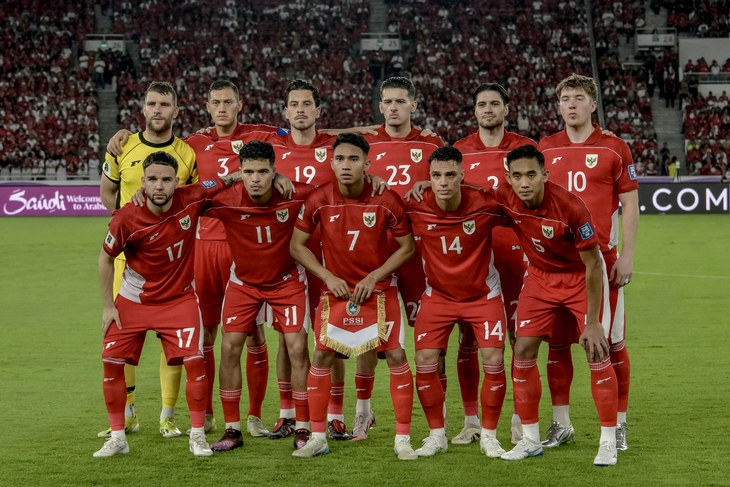
Indonesia's naturalized stars in the 3rd qualifying round of the 2026 World Cup - Photo: AFP
Most of these players have played in top European leagues, holding various positions. To effectively recruit these naturalized players, PSSI President Erick Thohir has taken advantage of his resources, creating favorable conditions for the naturalization process.
He ensured that the naturalization process was handled more smoothly, and allowed naturalized players to take the oath of naturalization in Indonesia or where they currently reside.
Notably, these naturalized players are no longer bound by strict restrictions such as having native Indonesian blood or having to reside continuously in Indonesia for 5 years.
PSSI can naturalize highly skilled professional players who are direct relatives within three generations, even if they were born in Indonesia but have no record of indigenous bloodline.
Now, the Indonesian team can even field a starting lineup entirely of naturalized players. Their total squad value has increased to more than 37 million euros, three times that of China. This not only reflects Indonesia's boldness in selecting players, but also their competitiveness on the international stage.
China's naturalization policy
China began to vigorously implement the naturalization policy of football players from around 2019, with the main goal of improving the strength of the national team to qualify for the 2022 World Cup.
This is an effort to close the gap in skill with stronger regional opponents, especially when the local players are not meeting expectations.
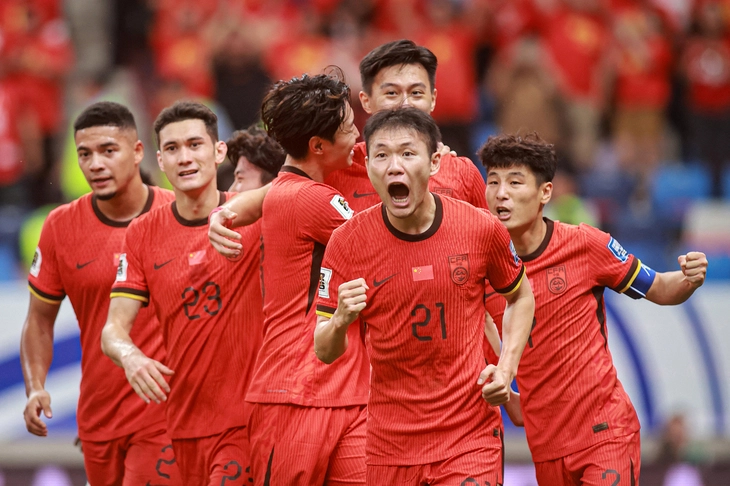
China's national team gradually loses faith in naturalization policy - Photo: REUTERS
The biggest difference, and what Indonesian Football Federation President Erick Thohir ironically said, is that China's naturalization policy does not require Chinese bloodline.
Most of the naturalized players are Brazilian or British players of African descent who have played for a long time at Chinese clubs and demonstrated high professional skills. Naturalization is seen as a shortcut to immediately adding talent to the national team.
After the failure of the 2022 World Cup qualifying campaign and the severe financial crisis of Chinese football (many clubs went bankrupt, the national championship was seriously weakened), the naturalization policy has almost stalled.
Many naturalized Brazilian players such as Elkeson, Aloisio, Fernandinho have left China due to financial problems and no longer play for the national team regularly.
Currently, there are very few naturalized players still on the national team roster or still capable of being called up. Mostly those with partial blood or those of Brazilian origin still maintain their form.
Despite huge efforts and investments, China’s naturalization policy is generally considered to have not achieved the expected results. The team has yet to qualify for the World Cup, and team cohesion and spirit have sometimes suffered.
The cost is huge, but the disproportionate results have led to much debate in Chinese public opinion about whether to prioritize developing domestic players or continue on this path.
Source: https://tuoitre.vn/indonesia-mia-mai-chinh-sach-nhap-tich-cua-trung-quoc-20250603103118563.htm







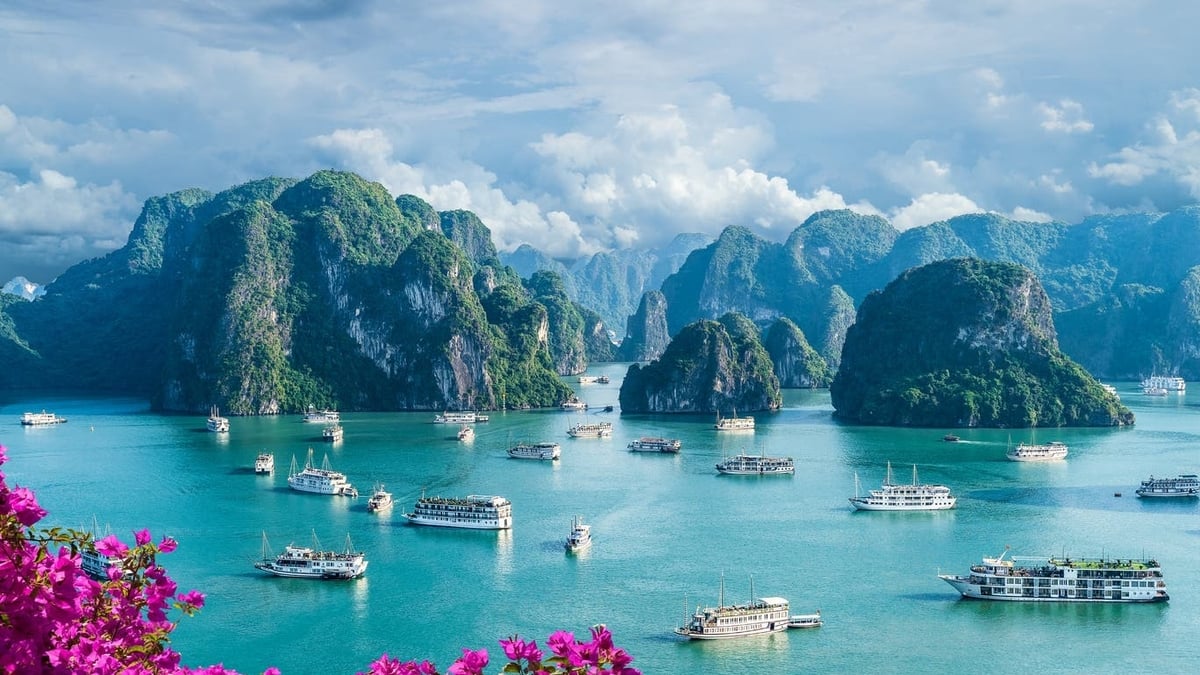


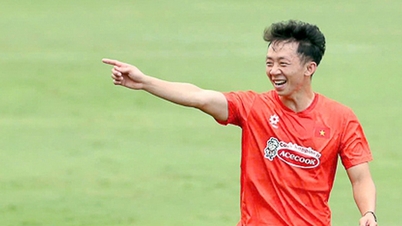
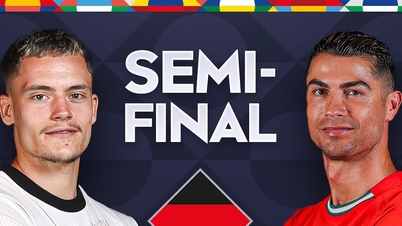
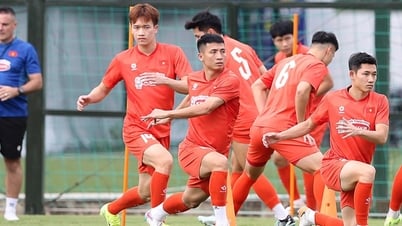

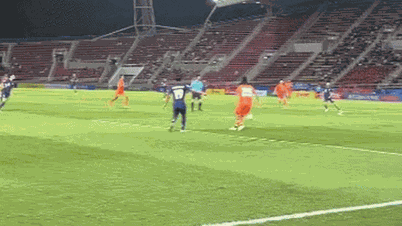

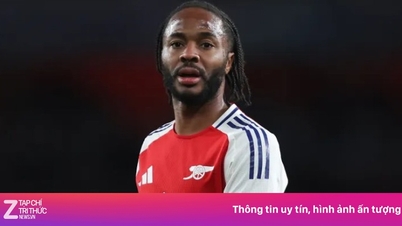






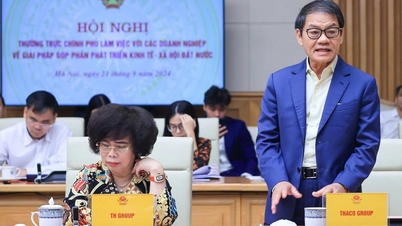

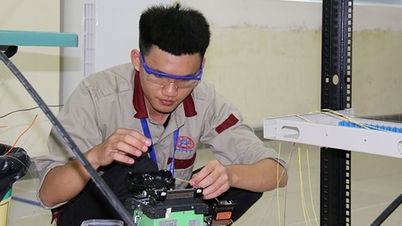
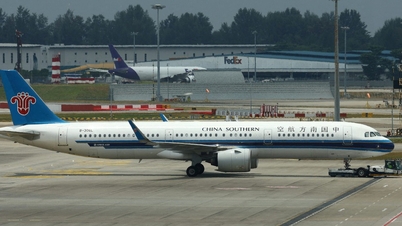


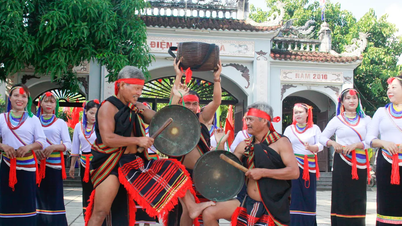

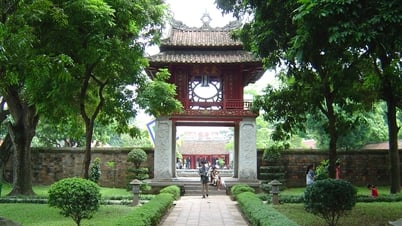

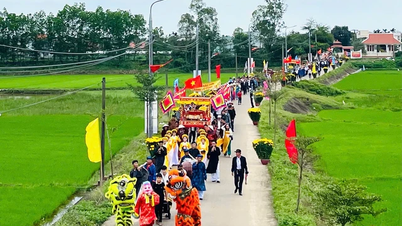

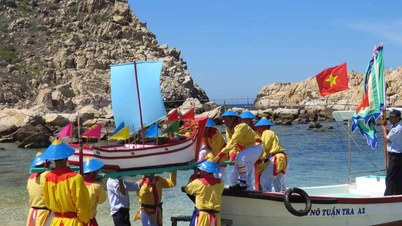

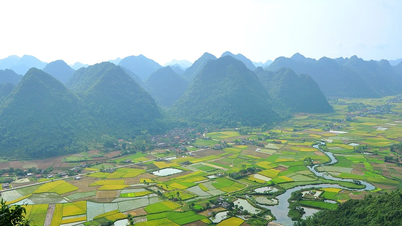

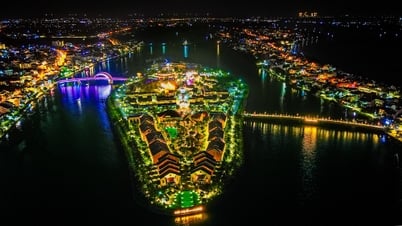



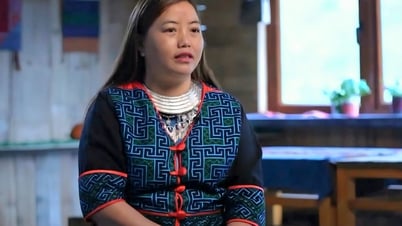

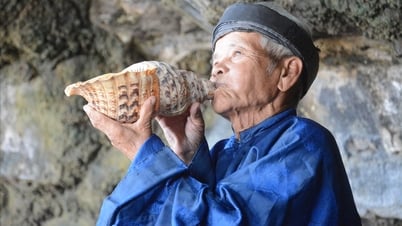




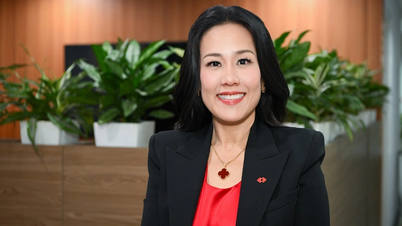







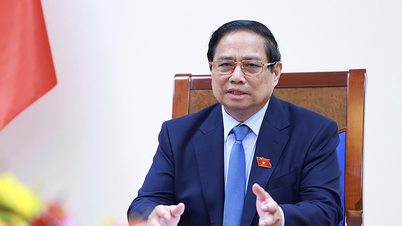
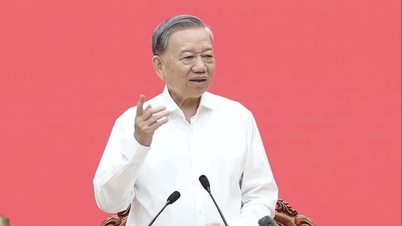
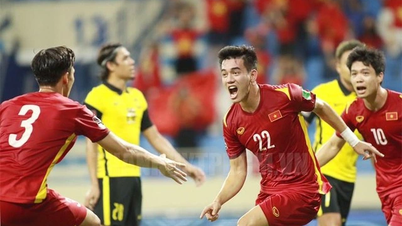
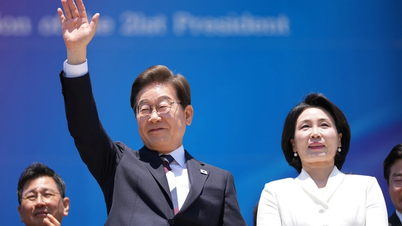

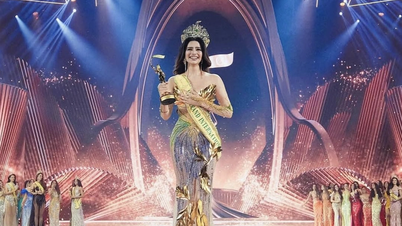


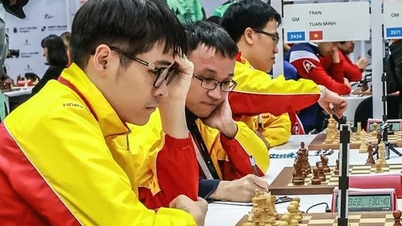

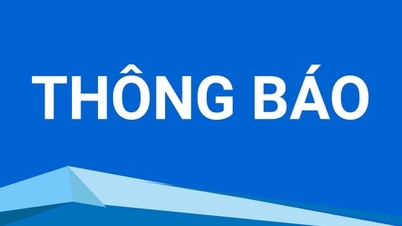


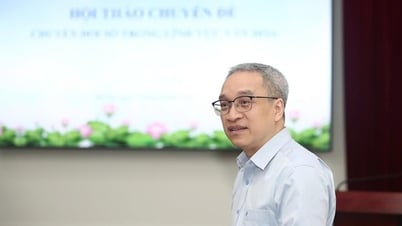





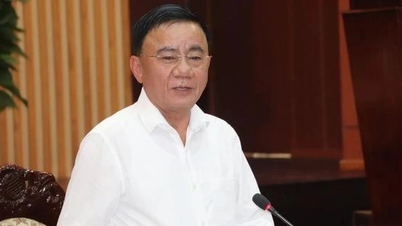









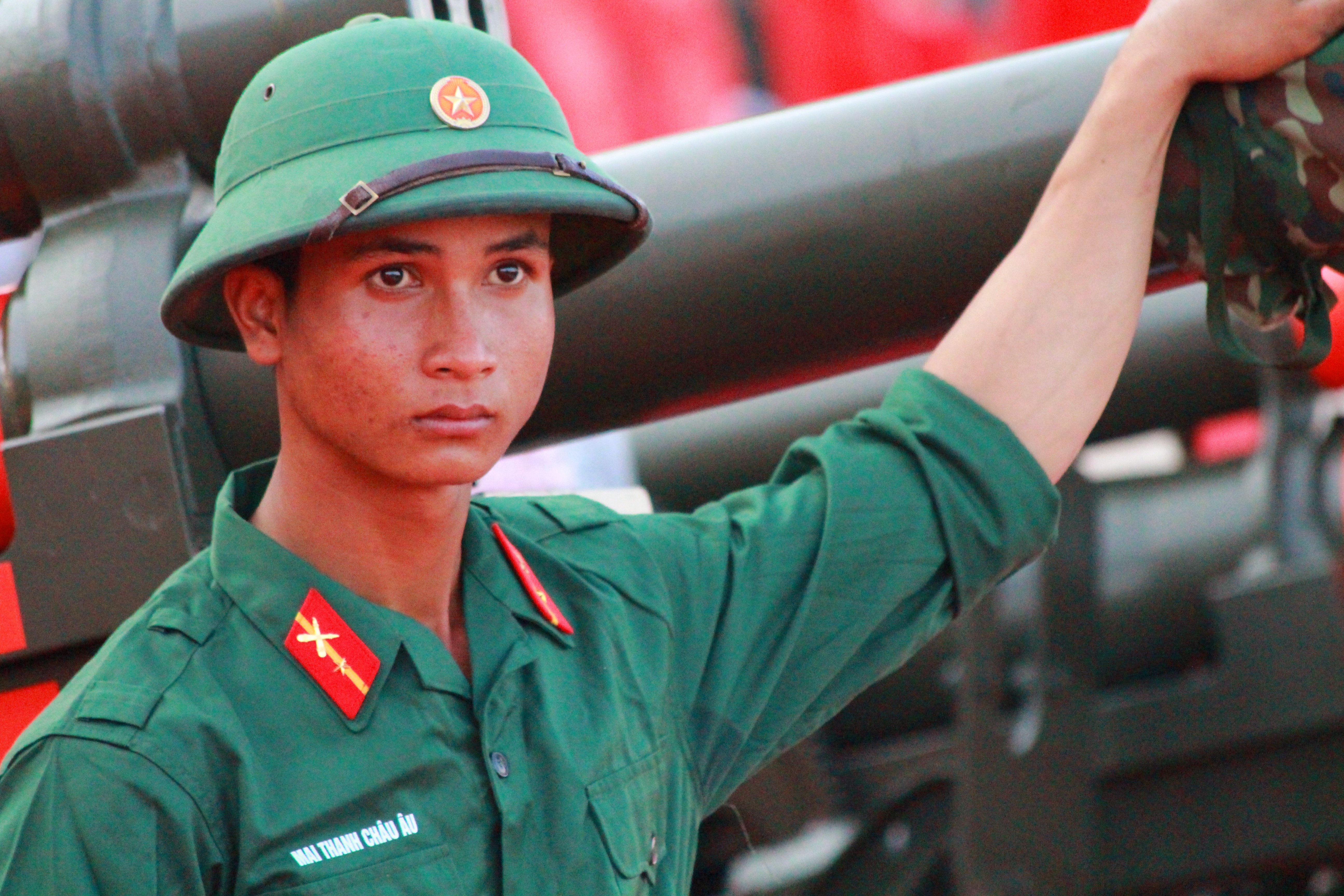
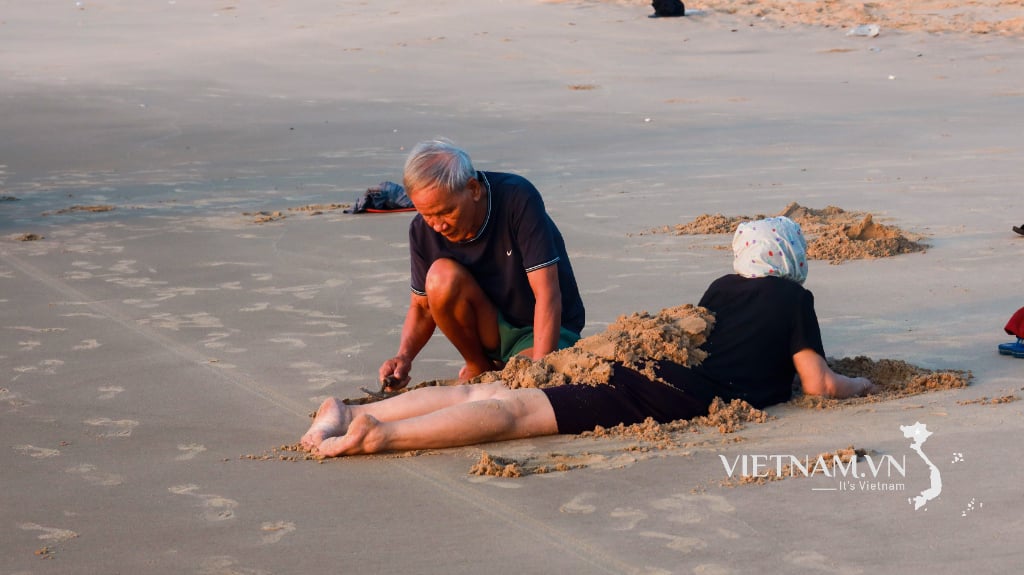

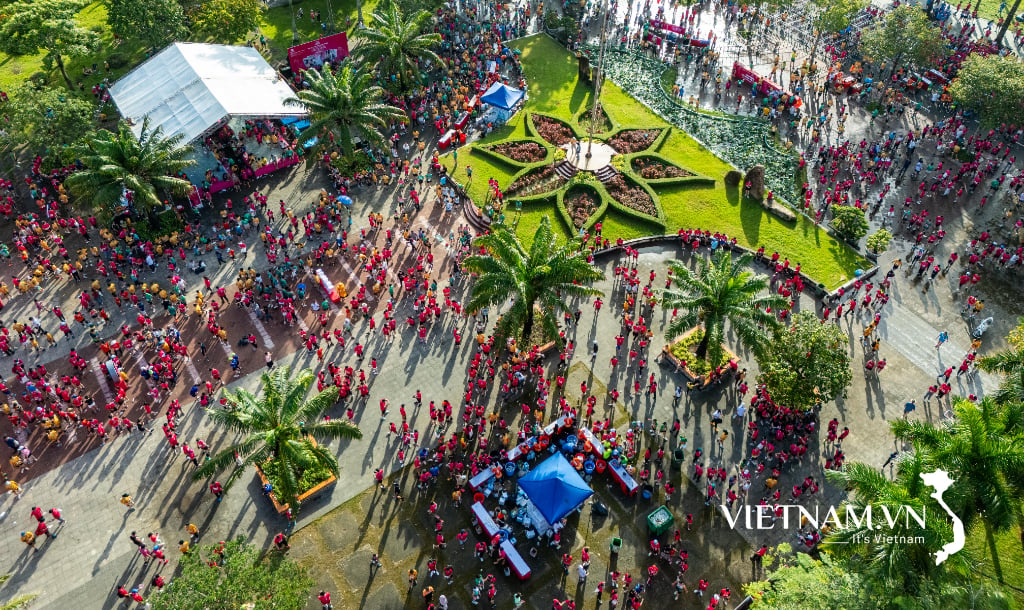
Comment (0)